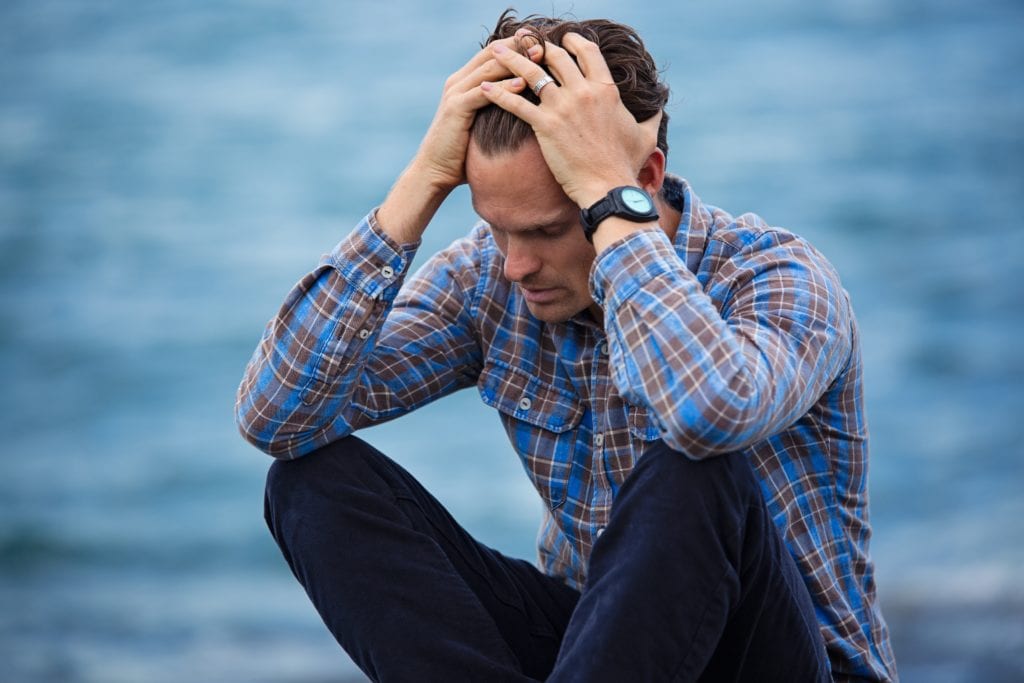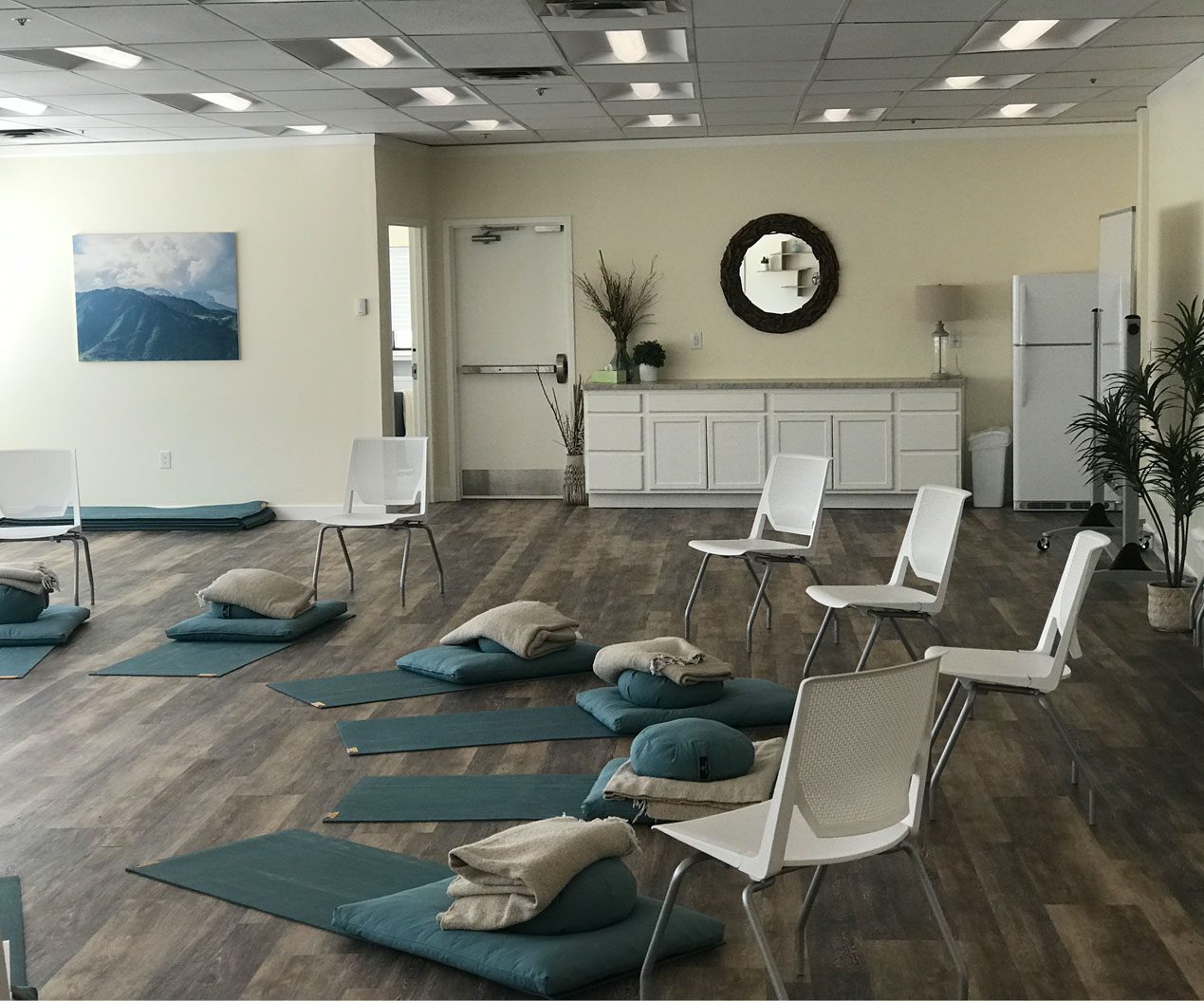Anxiety disorders are the most prevalent mental illnesses in the U.S. According to the Anxiety and Depression Association of America, they affect 40 million adults every year. “Anxiety” includes a host of specific disorders, including:
- Generalized anxiety disorder (GAD)
- Obsessive-compulsive disorder (OCD)
- Panic disorder
- Post-traumatic stress disorder (PTSD)
- Social anxiety disorder
And it’s not uncommon for people with anxiety disorders to also suffer from depression—and vice versa. Nearly half of people with depression are also diagnosed with an anxiety disorder.
With anxiety and depression so prevalent in the U.S., what negative impacts are they having on physical health? Furthermore, what physical manifestations can anxiety disorders and depression present?
Sleep problems
From worrying about the future to ruminating about the past, getting adequate rest can be difficult for those with anxiety. To compound the trouble, worrying about not getting any sleep can cause even more anxiety. A lack of sleep can cause weight gain, disrupt the immune system and even contribute to heart disease. The National Sleep Foundation provides some helpful tips to fall asleep when feeling anxious.
High blood pressure
The Mayo Clinic states that episodes of anxiety can cause dramatic, temporary spikes in blood pressure. While there is no indication that anxiety causes long-term hypertension, these short-term spikes can cause damage to blood vessels, kidneys and the heart. Additionally, those that have anxiety are more likely to resort to unhealthy habits that can lead to hypertension, such as smoking, drinking and overeating.
Weight gain or loss
A study published in the American Journal of Epidemiology found psychosocial stress, including depression and generalized anxiety disorder, is associated with both weight gain and loss. The study found that some individuals are prone to eat more when stressed, others less. And weight gain can lead to high blood pressure, cardiovascular disease and Type 2 diabetes.
Unexplained aches
According to the Anxiety and Depression Association of America, pain can be a common symptom of an anxiety disorder. Those with GAD are particularly susceptible to unexplained aches and pains. Chronic pain can make work and everyday activities harder.

Headaches
Headaches are a common symptom, and sometimes a good indicator, of an anxiety disorder—most commonly GAD. Like chronic pain, recurring headaches can make it even more difficult for those with anxiety to function or work.
Weakened immunity
Depression and anxiety are both believed to negatively impact the immune system, making those suffering with these conditions more vulnerable to getting sick.
Stomach problems
Anxiety disorders can cause stomachaches and cramps. But more than that, anxiety and depression are linked to irritable bowel syndrome (IBS). It’s common for people with IBS to experience anxiety and depression. Anxiety can worsen symptoms of IBS.
Frequent urination
Having to urinate is a common symptom of anxiety. Some doctors think this is due to the body’s natural “fight-or-flight” response. When an individual is experiencing anxiety, their bladder muscles contract, putting pressure on the bladder. Excessive urination can then, in turn, take individuals away from what they are doing, which may lead to even more stress.
Conclusion
Physical manifestations of anxiety disorders and depression can be detrimental to overall health. But they can also be an indicator of an individual’s mental health and, in some cases, help diagnose otherwise unrecognizable anxiety disorders or depression.
Davis Behavioral Health provides prevention programs to help people of all ages manage their emotions and stress. We also provide mindfulness training to help cultivate awareness of what is happening in a way that is compassionate, nonreactive and nonjudgmental. In addition to preventative classes, we have trained and experienced mental health professionals on staff that help with anxiety disorders of all types, as well as depression. These programs and trainings help people become self-sufficient in overcoming their challenges.


